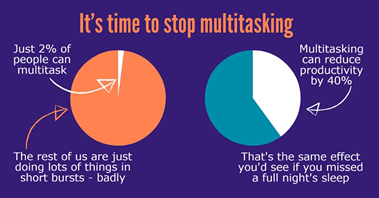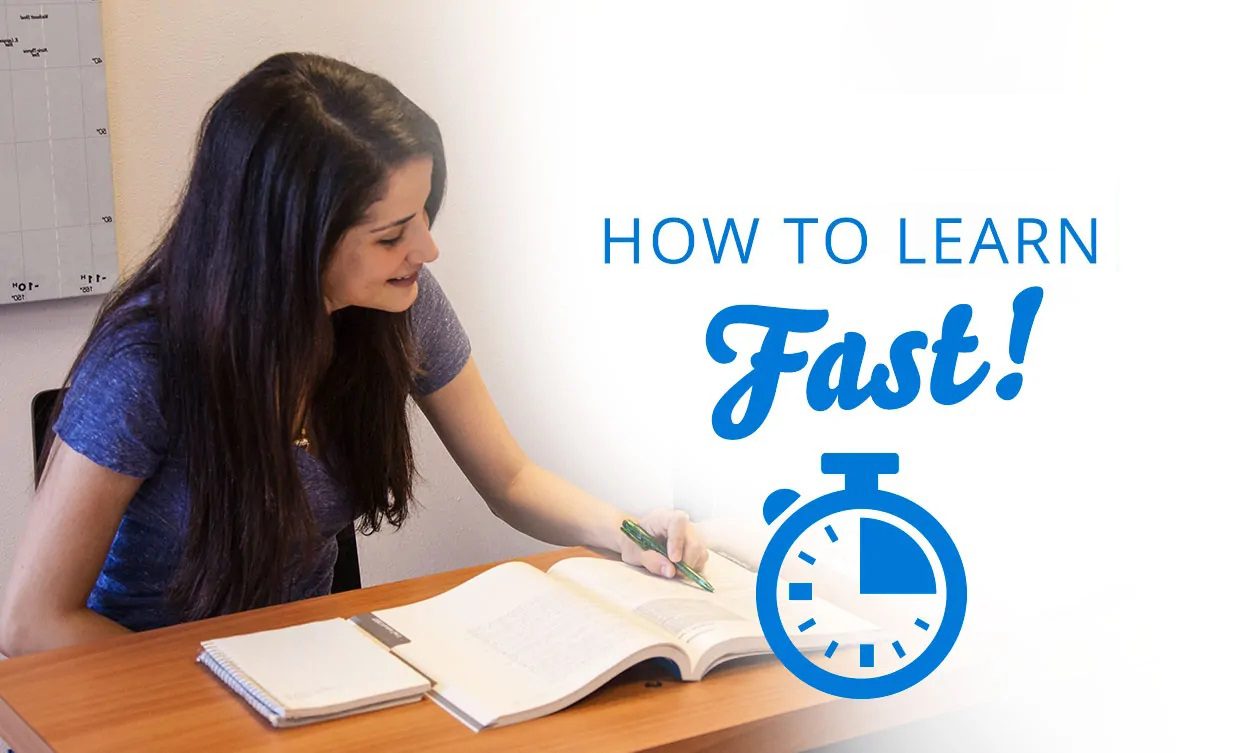
If you are like many students, your time is limited so it is important to get the most educational value out of the time you have available. Speed of learning is not the only important factor, however. Students need to be able to accurately remember the information they learn, recall it at a later time, and utilize it effectively in a wide variety of situations.
Becoming an effective and efficient student is not something that happens overnight, but putting a few of these tips into daily practice can help you get more out of your study time
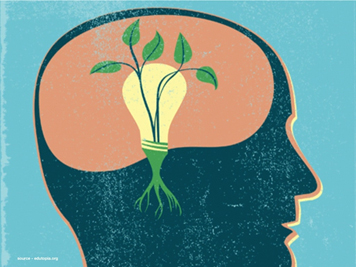
- Make Use of Memory Improvement Basics
There are a number of different things that you can do to improve your memory. Basic tips such as improving your focus, avoiding cram sessions, and structuring your study time are a good place to start, but there are even more lessons from psychology that can dramatically improve your learning efficiency.
- Keep Learning (and Practicing) New Things
One sure-fire way to become a more effective learner is to simply keep learning.
So, if you are learning a new language, it is important to keep practicing the language in order to maintain the gains you have achieved. This “use-it-or-lose-it” phenomenon involves a brain process known as “pruning.” Certain pathways in the brain are maintained, while others are eliminated. If you want the new information you just learned to stay put, keep practicing and rehearsing it

- Learn in Multiple Ways
Another one of the best ways to learn is to focus on learning in more than one way. Instead of just listening to a podcast, which involves auditory learning, find a way to rehearse the information both verbally and visually. This might involve describing what you learned to a friend, taking notes, or drawing a mind map. By learning in more than one way, you’re further cementing the knowledge in your mind.
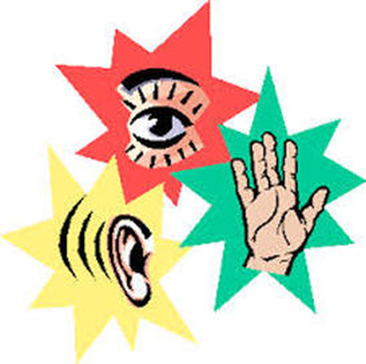
- Teach What You’ve Learned to Another Person
Educators have long noted that one of the best ways to learn something is to teach it to someone else. Remember your seventh-grade presentation on Costa Rica? By teaching to the rest of the class, your teacher hoped you would gain even more from the assignment. You can apply the same principle today by sharing your newly learned skills and knowledge with others.
Start by translating the information into your own words. This process alone helps solidify new knowledge in your brain. Next, find some way to share what you’ve learned.
- Use Previous Learning to Promote New Learning
Another great way to become a more effective learner is to use relational learning, which involves relating new information to things that you already know.
- Gain Practical Experience
For many students, learning typically involves reading textbooks, attending lectures, or doing research in the library or online. While seeing information and then writing it down is important, actually putting new knowledge and skills into practice can be one of the best ways to improve learning. If it is a sport or athletic skill, perform the activity on a regular basis. If you are learning a new language, practice speaking with another person and surround yourself with language-immersion experiences. Watch foreign-language films and strike up conversations with native speakers to practice your budding skills.
- Understand How You Learn Best
Another great strategy for improving your learning efficiency is to recognize your learning habits and styles. There are a number of different theories about learning styles, which can all help you gain a better understanding of how you learn best.
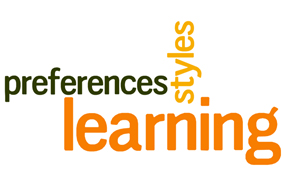
Discover your way of learning through Learning style test @gen-z-careers.com
- Stop Multitasking
For many years, it was thought that people who multitask (perform more than one activity at once) had an edge over those who did not. However, research now suggests that multitasking can actually make learning less effective.
In the study, participants lost significant amounts of time as they switched between multiple tasks and lost even more time as the tasks became increasingly complex. By switching from one activity to another, you will learn more slowly, become less efficient, and make more errors.
